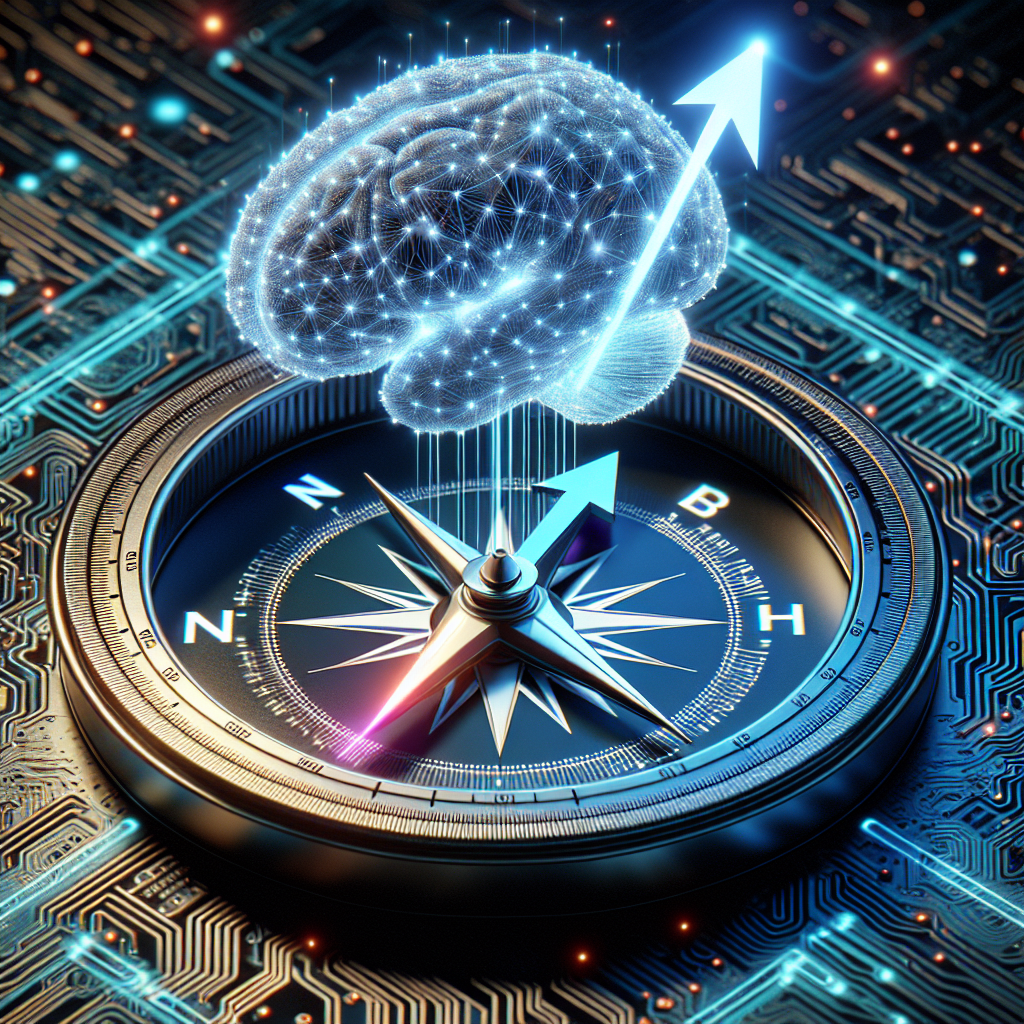Artificial Intelligence (AI) software has become increasingly prevalent in various industries, including healthcare, finance, and education. One of the key benefits of AI technology is its ability to assist in making faster and more accurate decisions. However, as AI becomes more integrated into our daily lives, there is a growing concern about the ethical implications of using this technology.
Enhancing Ethical Decision Making
AI software has the potential to enhance ethical decision making in several ways. One of the most significant benefits of using AI in this context is its ability to analyze vast amounts of data and information quickly and accurately. This can help decision-makers identify potential ethical issues and make informed choices based on a more comprehensive understanding of the situation.
Additionally, AI software can help reduce bias in decision-making processes. Human decision-makers are often influenced by their personal beliefs, experiences, and emotions, which can lead to biased outcomes. AI, on the other hand, can analyze data objectively and provide unbiased recommendations based on the information available.
Furthermore, AI technology can help decision-makers consider a wider range of factors when making ethical decisions. For example, in healthcare, AI software can analyze a patient’s medical history, symptoms, and genetic information to recommend the most appropriate treatment options. This can help healthcare providers make more informed decisions that prioritize the patient’s well-being.
Overall, AI software can enhance ethical decision-making by providing decision-makers with more accurate and objective information, reducing bias, and considering a broader range of factors when making decisions.
Challenges and Considerations
While AI software has the potential to enhance ethical decision-making, there are also several challenges and considerations that must be addressed. One of the main concerns is the potential for AI technology to reinforce existing biases in society. If the data used to train AI algorithms is biased, the technology may perpetuate these biases and lead to unfair or discriminatory outcomes.
Another challenge is the lack of transparency in AI algorithms. Many AI systems operate as “black boxes,” meaning that the decision-making process is not easily understandable or explainable to humans. This lack of transparency can make it difficult for decision-makers to trust AI recommendations and understand how they were generated.
Additionally, there are concerns about the ethical implications of delegating decision-making authority to AI systems. While AI technology can assist in making more informed decisions, ultimately, humans are responsible for the outcomes of these decisions. It is essential to ensure that AI systems are designed to support human decision-makers rather than replace them entirely.
Finally, there are legal and regulatory considerations that must be taken into account when using AI software for ethical decision-making. For example, in healthcare, there are strict regulations governing the use of patient data and the ethical standards that healthcare providers must adhere to. It is crucial to ensure that AI systems comply with these regulations and uphold ethical standards when making decisions that affect individuals’ well-being.
FAQs
Q: How can AI software help decision-makers identify ethical issues?
A: AI software can analyze vast amounts of data and information quickly and accurately, helping decision-makers identify potential ethical issues that may not be immediately apparent. By analyzing data objectively, AI technology can highlight areas of concern and provide decision-makers with the information they need to make informed choices.
Q: How can AI software reduce bias in decision-making processes?
A: AI software can help reduce bias in decision-making processes by analyzing data objectively and providing unbiased recommendations based on the information available. This can help decision-makers make more fair and equitable decisions that are not influenced by personal beliefs, experiences, or emotions.
Q: What are some of the challenges associated with using AI software for ethical decision-making?
A: Some of the challenges associated with using AI software for ethical decision-making include the potential for AI technology to reinforce existing biases, the lack of transparency in AI algorithms, concerns about delegating decision-making authority to AI systems, and legal and regulatory considerations.
Q: How can decision-makers ensure that AI software upholds ethical standards?
A: Decision-makers can ensure that AI software upholds ethical standards by carefully selecting and training AI algorithms to minimize bias, promoting transparency in the decision-making process, maintaining human oversight of AI systems, and ensuring compliance with legal and regulatory requirements.
In conclusion, AI software has the potential to enhance ethical decision-making by providing decision-makers with more accurate and objective information, reducing bias, and considering a broader range of factors when making decisions. However, there are also challenges and considerations that must be addressed to ensure that AI technology is used ethically and responsibly. By understanding these challenges and actively working to address them, decision-makers can harness the power of AI technology to make more informed and ethical decisions in a variety of contexts.

